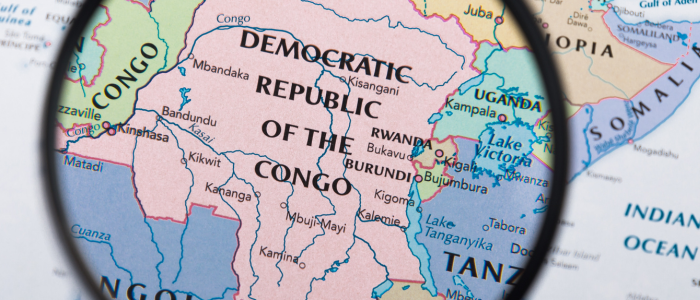News | Antimicrobial Resistance
Mysterious Outbreak Claims Lives in Congo Amid Ongoing Health Crises
Time to read: 01:52
Time to listen: 02:42
Type of article: News
MedED Catalogue Reference: MNG0065
Category: News
Category Cross-reference: Public Health, Infectious Diseases
Keywords: DRC, WHO, Infectious Diseases, Mpox
Top

4 December 2024, 09:30
Efforts to identify the disease are ongoing, with a medical team dispatched to collect samples and investigate. However, the rural health zone faces critical challenges, including a lack of medicines, leaving many untreated and dying at home. Local authorities, including provincial health minister Apollinaire Yumba, have called for national and international assistance to supply medical resources and manage the crisis.
Officials have advised the population to avoid contact with dead bodies to reduce transmission risks. Civil society leader Cephorien Manzanza described the situation as "extremely worrying" as infections continue to rise.
The World Health Organization (WHO) has been alerted and is collaborating with Congo's public health ministry to investigate. WHO representatives and epidemiological experts are on-site, working to identify the cause of the outbreak.
This outbreak occurs against the backdrop of Congo’s ongoing mpox epidemic, with over 47,000 suspected cases and more than 1,000 deaths reported. The current crisis underscores the urgent need for healthcare resources and robust public health measures to address multiple challenges simultaneously.
Back to top
Disclaimer
This article is compiled from various resources researched and compiled by the contributor. It is in no way presented as an original work. Every effort has been made to correctly attribute quotes and content. Where possible all information has been independently verified. The Medical Education Network bears no responsibility for any inaccuracies which may occur from the use of third-party sources. If you have any queries regarding this article contact us
Fact-checking Policy
The Medical Education Network makes every effort to review and fact-check the articles used as source material in our summaries and original material. We have strict guidelines in relation to the publications we use as our source data, favouring peer-reviewed research wherever possible. Every effort is made to ensure that the information contained here is an accurate reflection of the original material. Should you find inaccuracies, out of date content or have any additional issues with our articles, please make use of the contact us form to notify us.


